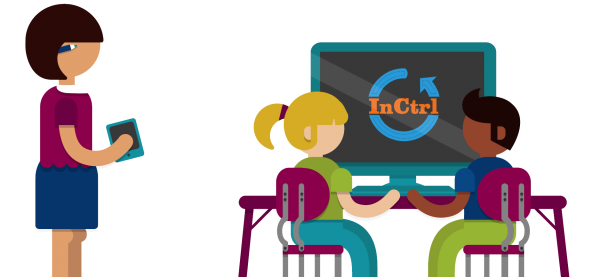Surprising Poll Results About Teaching Digital Citizenship
9 out of 10
Over 50%
Less than 40%
Digital Citizenship is a holistic and positive approach to helping children learn how to be safe and secure, as well as smart and effective participants in a digital world. That means helping them understand their rights and responsibilities, recognize the benefits and risks, and realize the personal and ethical implications of their actions. Helping a child become a good digital citizen cuts across all curricular disciplines and includes knowledge, awareness, and skills in three key areas:
- Safety & Security: Understanding the risks that we face from others as well as from our own conduct, and the dangers posed by applications like viruses and phishing.
- Digital Literacy: Learning how to find, sort, manage, evaluate and create information in digital forms. These literacy skills build on but are somewhat different from the traditional literacy of reading and writing.
- Ethics & Community: Becoming aware of and practicing appropriate and ethical behaviors in a variety of digital environments. This area includes shaping your digital reputation and being a responsible citizen of the communities in which you participate, from social networks, to games, to neighborhood civic forums.
During 2012, Cable in the Classroom undertook two research projects to measure the views of parents and educators about digital citizenship. The results of these surveys were released during the webinar, Beyond Internet Safety: Teaching Kids to be Good Digital Citizens, on February 7, 2013.
Webinar Recording
Beyond Internet Safety: Teaching Kids to be Good Digital Citizens
This webinar explores the findings from the Parent Views on Digital Citizenship survey conducted by Harris Interactive in November, 2012 and the Educator Views on Digital Citizenship survey conducted by Cable in the Classroom in June, 2012
Featured Speakers:
Frank Gallagher, Cable in the Classroom
Anne Collier, Connect Safely

